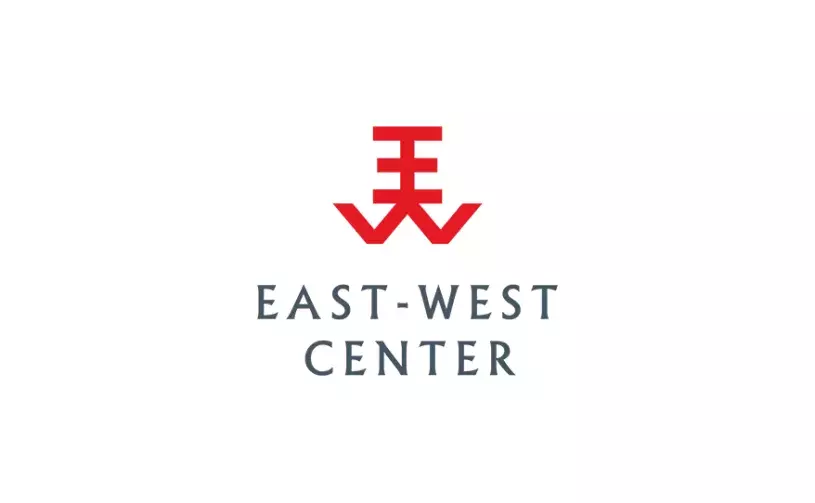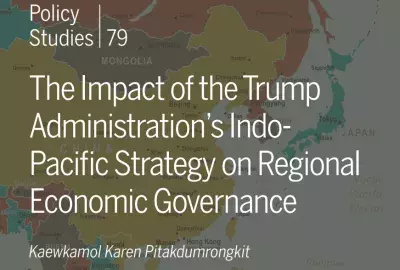Error message

This paper presents a preliminary analysis of the history and dynamics of Aceh's abortive peace process conducted between the Free Aceh Movement (GAM) and the Indonesian government. After surveying the origins and progress of the negotiations, the paper examines the roles played by the main players, the problems encountered along the way, and the achievements that were registered. Currently the peace process has broken down because the two parties have been unable to agree on the fundamental issue dividing them: whether Aceh would become an independent nation or remain an integral part of the Indonesian state. This essay explains the reasons for the failure of the process with the hope that the lessons learned may be of relevance to policymakers, analysts, and others with an interest in the long-term resolution of the Aceh conflict as well as other internal disputes in the region and beyond. It also suggests that the Indonesian government's current resort to a military solution is not only unlikely to resolve the conflict but may ultimately be counterproductive. Eventually a return to negotiations – not necessarily with GAM alone – will be necessary. | Additional titles in the Policy Studies series |

This paper presents a preliminary analysis of the history and dynamics of Aceh's abortive peace process conducted between the Free Aceh Movement (GAM) and the Indonesian government. After surveying the origins and progress of the negotiations, the paper examines the roles played by the main players, the problems encountered along the way, and the achievements that were registered. Currently the peace process has broken down because the two parties have been unable to agree on the fundamental issue dividing them: whether Aceh would become an independent nation or remain an integral part of the Indonesian state. This essay explains the reasons for the failure of the process with the hope that the lessons learned may be of relevance to policymakers, analysts, and others with an interest in the long-term resolution of the Aceh conflict as well as other internal disputes in the region and beyond. It also suggests that the Indonesian government's current resort to a military solution is not only unlikely to resolve the conflict but may ultimately be counterproductive. Eventually a return to negotiations – not necessarily with GAM alone – will be necessary. | Additional titles in the Policy Studies series |








